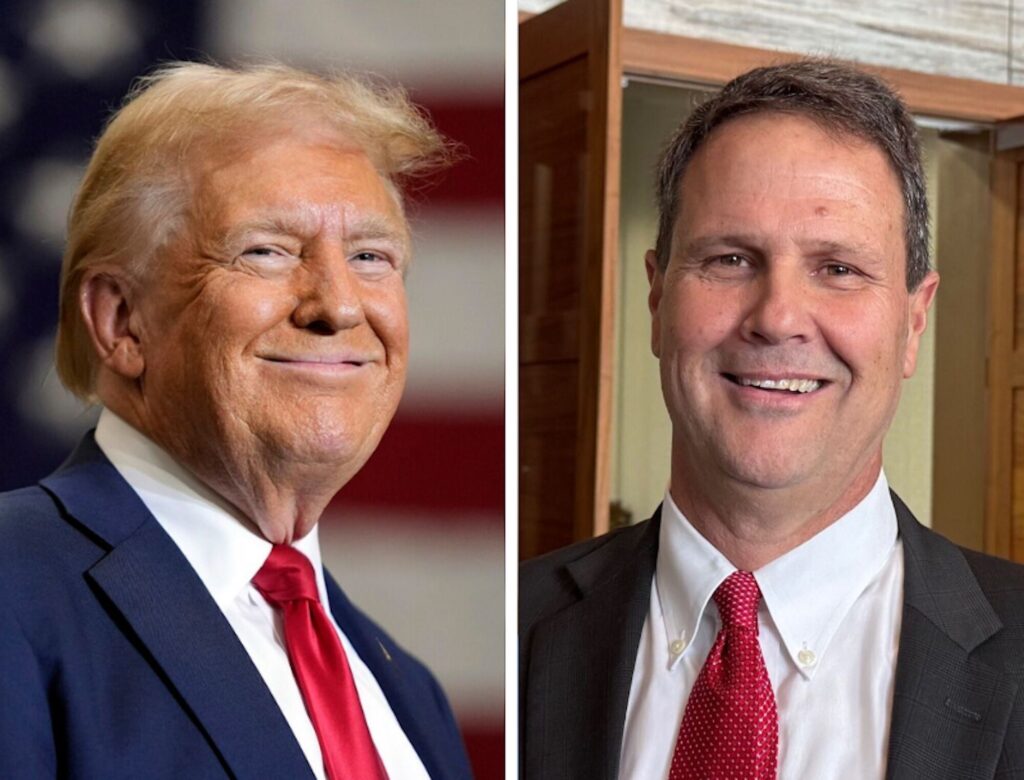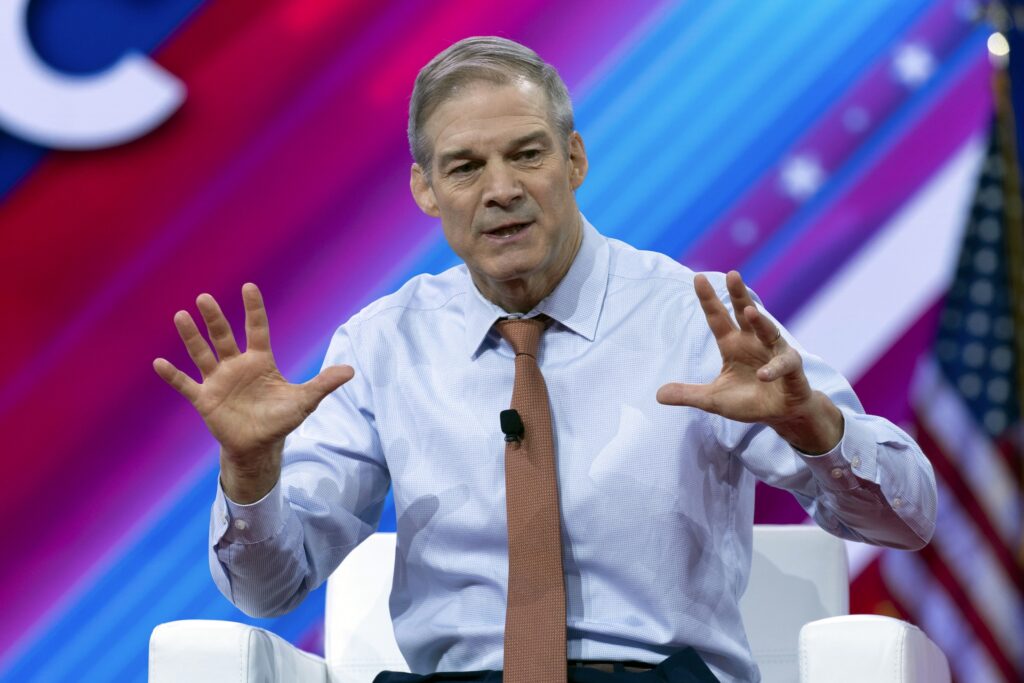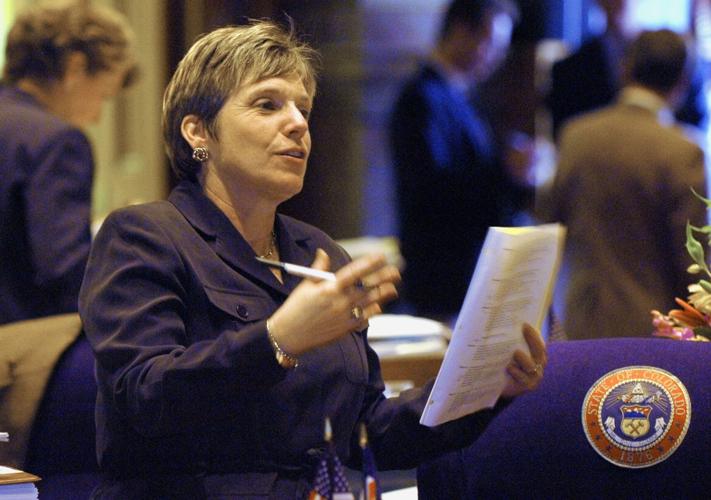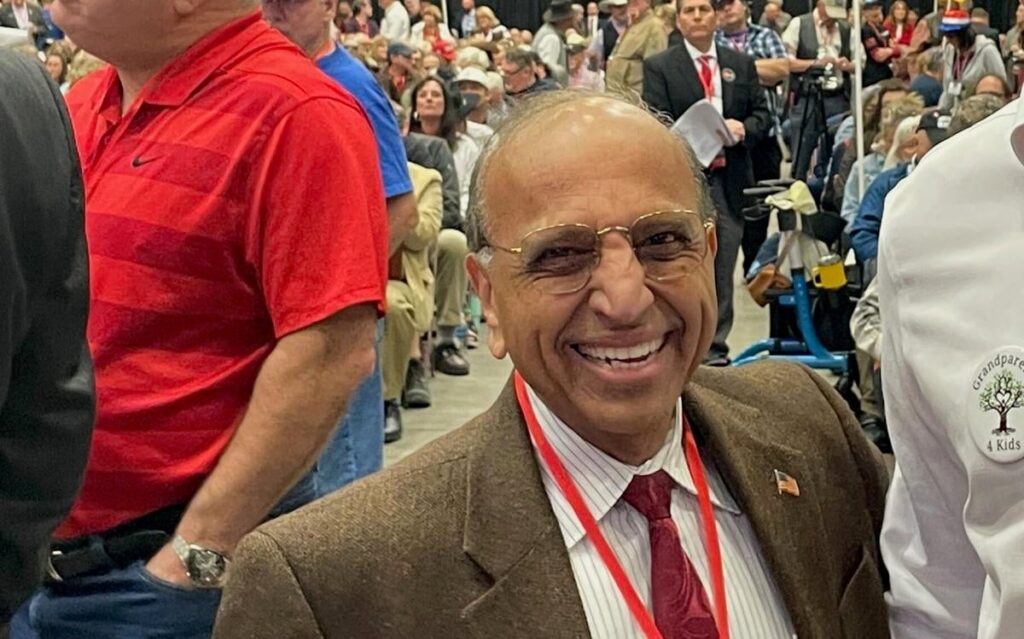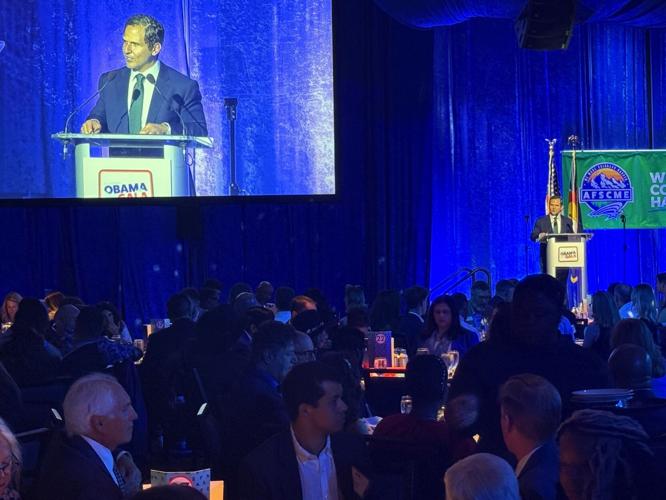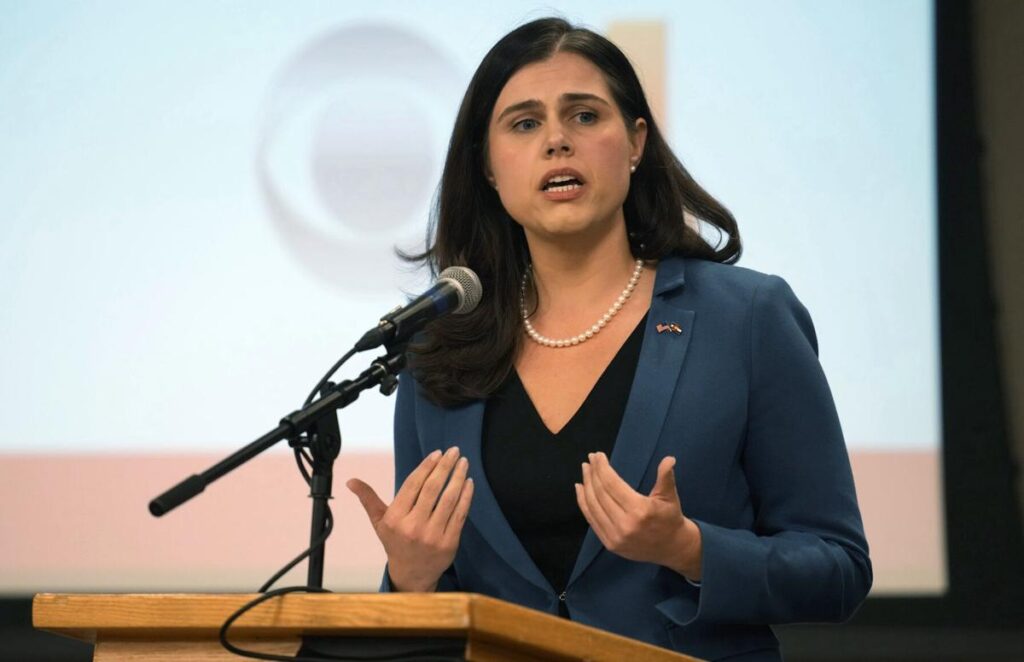In bid to avoid ‘spoiling’ races, Colorado Libertarian Party releases updated 2026 candidate pledges
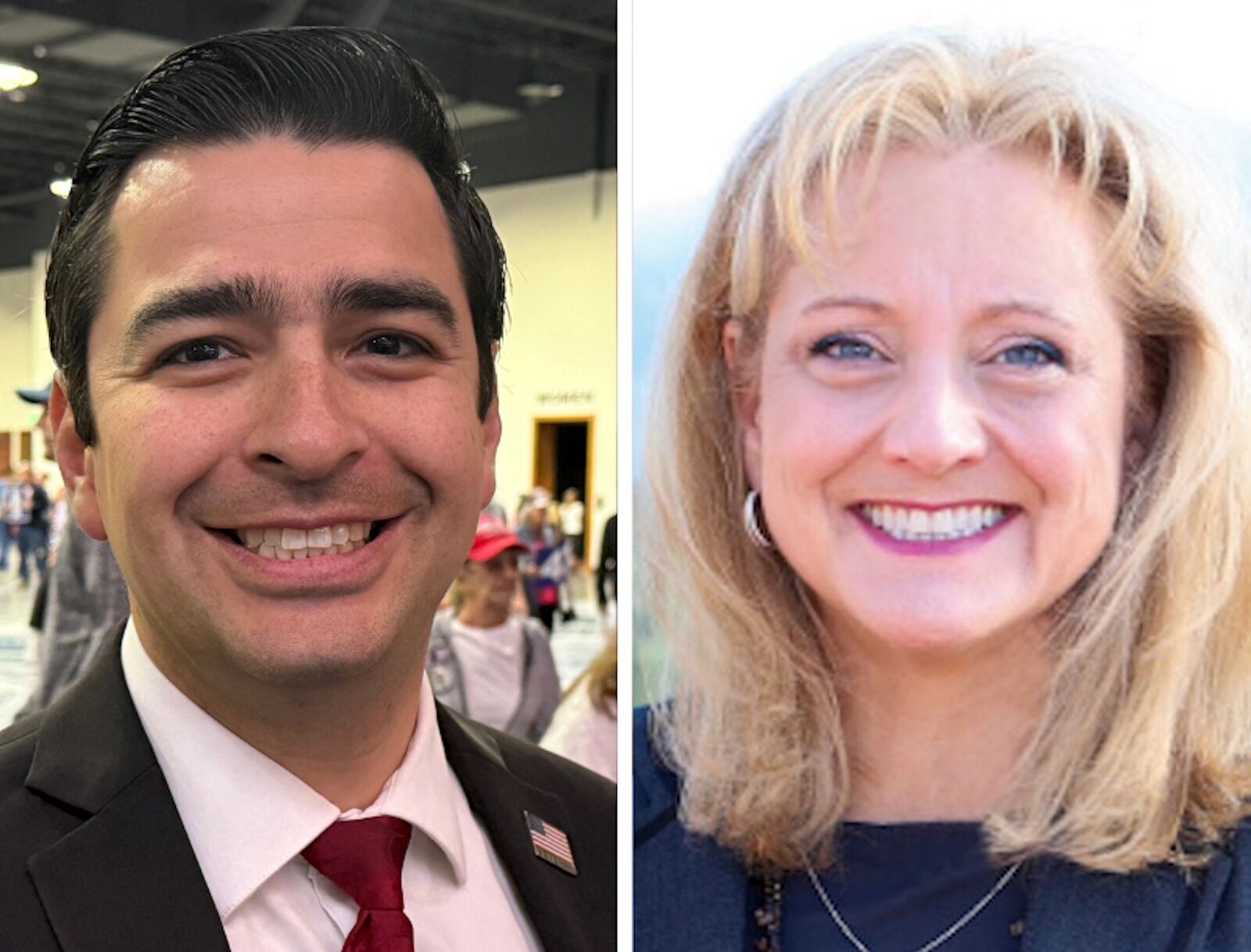
Colorado Libertarians on Tuesday released an updated set of pledges that Republican candidates can sign if they want to discourage the right-leaning minor political party from running potential spoiler nominees in next year’s midterm elections.
The lengthy lists of policy statements — dubbed the “Liberty Pledge” — resemble similar pledges produced ahead of last year’s election as part of an unprecedented agreement between state Libertarians and the Colorado Republican Party aimed at loosening the Democrats’ grip on the state legislature and the state’s congressional delegation.
If Republicans sign on, state Libertarian Party officials say they’ll do their best to prevent the party from fielding candidates in competitive races where a conservative third-party option could siphon off voters.
Republicans in Colorado have maintained for years that Libertarian and other conservative, third-party candidates pull votes from GOP nominees, throwing close races to the Democrats. The interparty pact worked out in 2023 between Colorado Libertarian Chair Hannah Goodman and then-state GOP Chair Dave Williams was pitched as a way to short-circuit that dynamic.
Libertarians claim the plan worked last year in two decisive races won by U.S. Rep. Gabe Evans and state Rep. Rebecca Keltie, who both unseated Democratic incumbents by narrow margins after the Libertarians stood down in response to the GOP nominees putting their names on the party’s pledges.
Evans, who signed a modified version of last year’s pledge for federal candidates, edged out first-term U.S. Rep. Yadira Caraveo in one of the closest House races in the country. At the same time, Keltie’s win over incumbent state Rep. Stephanie Vigil in an El Paso County district kept Democrats from reaching a super-majority in the state House.
Libertarian officials told Colorado Politics they want to repeat the feat in next year’s election.
“The Liberty Pledge isn’t about party loyalty — it’s about outcomes for freedom,” Goodman said in a statement. “In 2024, we proved that by working strategically, we can prevent vote-splitting, hold candidates accountable, and win real victories against government tyranny.”
While it’s the largest of Colorado’s eight officially recognized minor political parties, with 37,132 active registered members, the Libertarian Party amounts to just under 1% of the state’s more than 4 million voters, according to the most recent voter registration report.
The party’s nominees, however, have tended to punch above their weight, routinely receiving 2-3% of the vote, sometimes enough to make a difference in races decided by narrower margins.
Colorado Republican Party Chair Brita Horn welcomed the new pledges in a statement to Colorado Politics.
“When Republicans and Libertarians split the vote, Democrats win,” Horn said in a text message. “I’m thrilled to be working with the Libertarian Party of Colorado so we don’t hand elections away. We may not agree on everything, but we share a belief in freedom and limited government — and we’re stronger when we work together.”
This cycle, Republican congressional candidates could get a boost on the ballot from the Libertarians if they agree to support abolishing the federal income tax, shuttering the Department of Education and pulling “any funding for foreign wars.”
The federal candidate checklist also includes agreeing to push for presidential pardons for Edward Snowden, a computer consultant who defected to Russia after leaking highly classified U.S. intelligence, and Roger Ver, an early Bitcoin investor who renounced his U.S. citizenship a decade ago and was indicted last year on income tax evasion charges.
The document available to legislative candidates includes promising to defend the Taxpayer Bill of Rights, vote to eliminate the state income tax and ban red light cameras, and to “recognize that victimless crimes are not actual crimes” while holding violent criminals and thieves accountable.
New this cycle are pledges written for candidates for governor and local office.
The gubernatorial pledge includes vowing to veto any attempt to “raise or extend” taxes, limit the Colorado Open Records Act, mandate vaccinations or restriction what the Libertarians term “food freedom,” including local meat processing, raw milk and eggs produced by caged hens.
The potential future governor’s list also includes agreeing to pardon Tina Peters, the former Mesa County clerk serving a nine-year prison sentence for her role in breaching secure election equipment.
Among the items potential local office-seekers can consider: banning red light cameras and surveillance systems, supporting school choice, supporting residents’ rights to keep livestock in their backyards and “liberating the water supply” from contamination, including fluoridation.
James Wiley, the state Libertarian Party’s executive director and a former congressional nominee, told Colorado Politics that candidates should consider the pledges starting points rather than all-or-nothing propositions.
“We generate the template and candidates or parties can negotiate from that basis,” he said in a text message, adding that the document “(works) well as an educational piece from the Libertarian Party.”
Wiley added that the party could also release pledges for other candidates for statewide office, including attorney general and secretary of state.
Colorado Democratic Party Chair Shad Murib slammed the arrangement as a scheme to restrict voters from having a choice.
“As the only party that champions free, fair and open elections, we’re not surprised by Republican efforts to limit Libertarian choices,” Murib said in a text message. “It’s puzzling to see the so-called party of personal choice water down the ballot and reduce participation.”
Added Murib: “Republicans don’t need to sign fringe pledges to show where they stand. They already showed us who they are when they rubber-stamped Donald Trump’s Big Ugly Bill, blowing a $1.2 billion hole in Colorado’s budget.”


